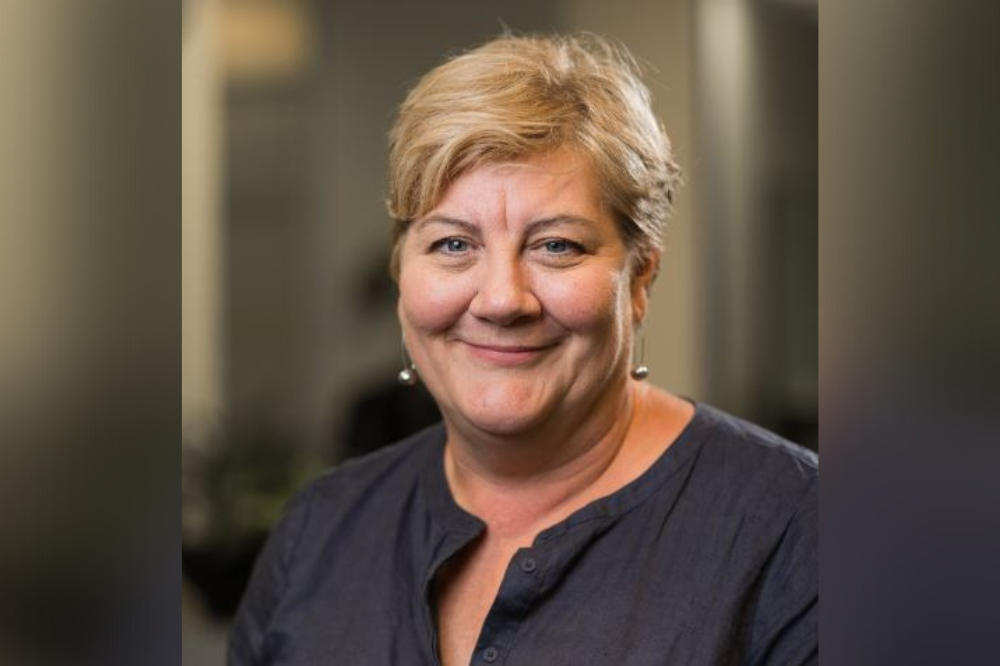
by Helen Connolly
A recent report summarising real-life insights into the Year 12 experiences of young South Australians confirms the immense pressure students feel in their final year of school as they try to balance school, study, work, and other life commitments.
The research, undertaken by Helen Connolly, South Australia’s Commissioner for Children and Young People, involved 324 Year 12 students from government, private and independent SA schools consulted via a series of face-to-face conversations and an online qualitative survey.
The Commissioner’s findings, summarised in her High Stakes High School report (Jan 2023) found most Year 12 students consulted felt a disproportionate emphasis was being placed on achieving a high ATAR score, and that in many cases this was not relevant to the future they envisaged for themselves.
Students said that along with the pressure to produce a high ATAR, the lack of student wellbeing considerations, and a feeling of being ill-equipped to navigate the world post-school were the ‘the worst things about year 12’ that they would like to see change.
They said the pressure to produce a high ATAR was at times completely ‘overwhelming’ and that ‘the competing and inevitable comparison being made between students because of this, was having a significant and lasting impact on their individual self-confidence and sense of wellbeing’.
This aligns with other national reviews of education systems which have shown that achieving a high ATAR ‘dominates the educational experience of senior secondary students in Australia, placing ‘unnecessary mental pressure on young people, sending distorted messages about the ‘broader goals of senior secondary education, as well as what schools, the education system, and the community value most.
On the upside, the best things about their Year 12 experience were ‘the relationships they had with peers and teachers’, the special events and ‘rites of passage that made the year fun’, a ‘growing sense of independence and freedom’ with reaching significant milestones, and ‘the relief and sense of accomplishment’ that came with ‘working hard and getting through it together’.
To increase the likelihood of young people remaining in education until the end of Year 12, Commissioner Connolly has included two recommendations in her report that schools and educators can action now to create a more positive experience for their current group of Year 12 students.
The first is to introduce a Year 12 Charter for each new Year 12 group at the start of the school year, and the second is to provide Year 12 students with two specialist strands of education – relationships and sexual health education, and basic mental health first aid training.
By investing in a ‘development day’ at the start of the school year to tailor a Charter that is relevant to the new Year 12 cohort, students, teachers, and the school’s administrators will all have a clearer understanding of the collective and shared expectations, rights, and responsibilities of the whole school community in relation to its Year 12 students.
The relationships and sexual health education should be inclusive of gender and sexual diversity and would explicitly address issues of consent, harmful sexual behaviours, and sexual violence. The mental health first aid training would include access to quality self-help resources to enable young people to learn what they need to know to help themselves and their mates through issues of burnout, a lack of motivation, high levels of stress and anxiety, and the propensity to put too much emphasis on their ATAR.
“We want Year 12 students to be optimistic about their future and the choices available to them. We want them to see a future they can embark upon with confidence and enthusiasm for what lays ahead – not one full of dread and the fear of not measuring up” says Commissioner Connolly.
“Shifting the balance away from the ATAR and back to one in which students complete Year 12 feeling optimistic and confident about their future, should be our aim. Their final year of school needs to be one in which young people have time to gain knowledge about themselves and attain the life skills they need to ensure they feel better prepared to embark on the next stage of their journey aligned with their own individual hopes and dreams.”
Helen Connolly is South Australia’s Commissioner for Children and Young People.


